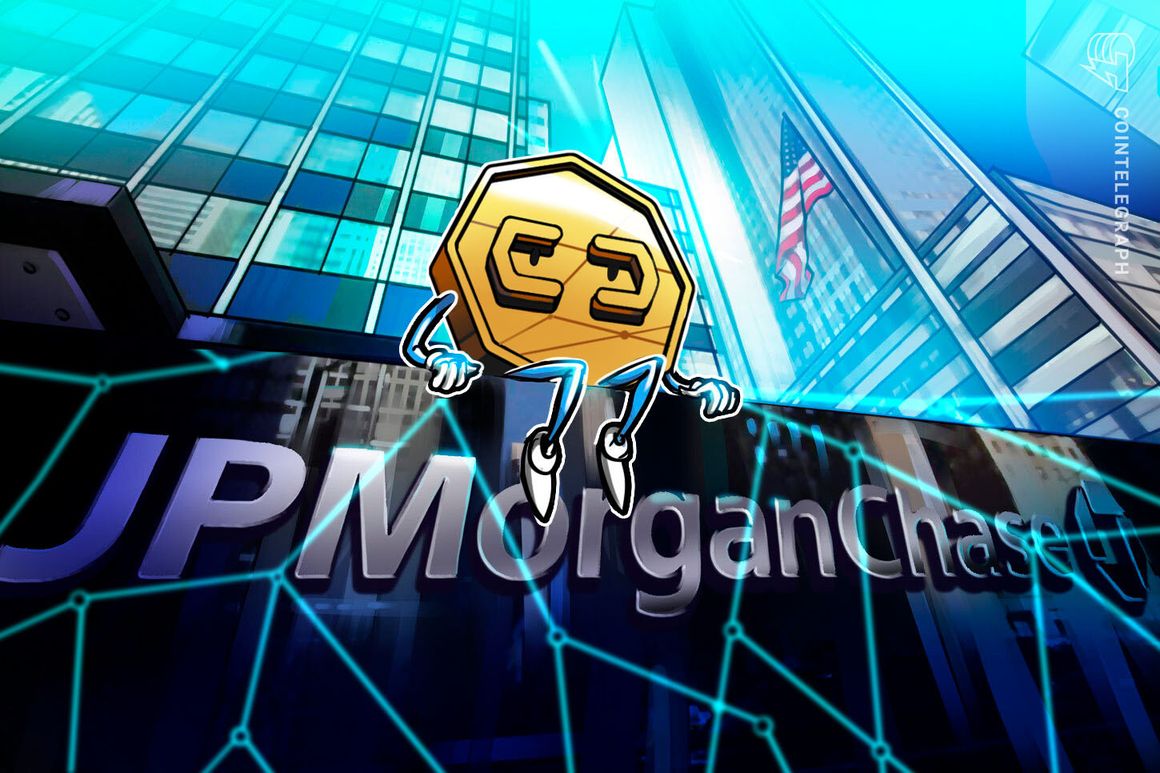
Introduction
Financial giant JPMorgan is making its move into the crypto space with a new blockchain-based solution for cross-border transactions. The system, however, will require approval from regulators in the United States before it can be implemented.
New Deposit Token for Corporate Clients
JPMorgan has reportedly developed most of the infrastructure for the new deposit token, which will be initially launched for corporate clients to enhance payment and settlement speeds. Unlike stablecoins, which are typically issued by non-bank private entities, deposit tokens are issued on a blockchain by a depository institution to represent a deposit position.
The Difference from JPM Coin
This new product differs from JPM Coin, which already enables corporate clients to transfer dollars and euros within the institution. The deposit token, on the other hand, allows transactions with other banks and is suitable for various forms of blockchain settlements, including trades of tokenized securities.
Compliance and Pilot
Similar to JPM Coin, the deposit token will undergo compliance measures such as know-your-customer and anti-fraud processes. Last year, it was piloted in a single transaction as part of Project Guardian, an industry-wide effort led by the Monetary Authority of Singapore.
JPMorgan's Support for Deposit Tokens
JPMorgan has previously expressed its support for deposit tokens, highlighting their potential benefits in terms of stability and reliability compared to other solutions like stablecoins and central bank digital currencies. With its blockchain infrastructure in place, the bank believes it can launch deposit tokens relatively quickly.
Expansion of Blockchain Solutions and Competition
The introduction of the deposit token not only expands JPMorgan's blockchain-based solutions but also increases competition for stablecoin issuers. PayPal, another major player, recently joined the race for faster settlements with its stablecoin (PYUSD), prompting other traditional competitors like Circle to expand the reach of their stablecoin (USD Coin) to new blockchains to boost adoption.
Did you miss our previous article...
https://trendinginthenews.com/crypto-currency/brinc-and-cointelegraph-accelerator-join-forces-to-empower-web3-startups






